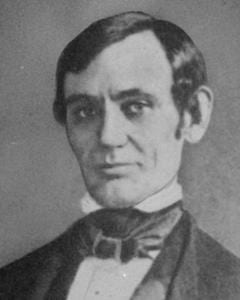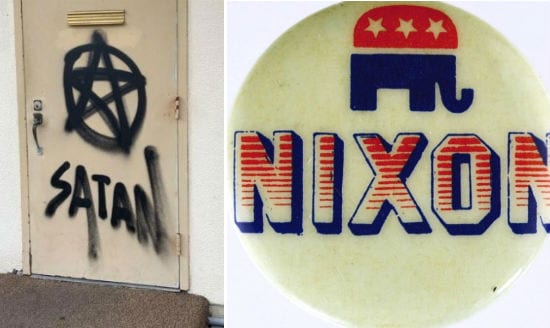Patrick Tyler, reporting in The New York Times, avoids misusing the word "vindication" in the way that I just heard reporters on NPR abusing the term.
The Hutton inquiry has cleared Tony Blair of deliberately misleading the public, which can only mean that the Prime Minister misled the public accidentally — out of his own incompetence and gullibility — hardly a resounding "vindication."
The undisputed facts, even before Lord Hutton began his investigation, were these:
1. During his campaign to lead Britain into war with Iraq, Prime Minister Blair claimed that Saddam Hussein was capable of launching a chemical and biological attack within 45 minutes.
2. This claim was probably then, and conclusively now, ridiculous and wholly unsupported by the facts. Mr. Blair made a false claim and therefore misled the British people. The only question was whether he did so deliberately.
3. Blair cited British intelligence as his source for the 45-minute claim. On Sept. 24, 2002, he told the House of Commons that a dossier provided by British intelligence: "concludes that Iraq has chemical and biological weapons, that Saddam has continued to produce them, that he has existing and active military plans for the use of chemical and biological weapons, which could be activated within 45 minutes … and that he is actively trying to acquire nuclear weapons capability."
These facts inescapably placed both Tony Blair and all of British intelligence in Reagan's Bind. They had staked their reputations on a claim that was demonstrably false. This leaves two and only two options: 1) malice, i.e. they were lying, or 2) incompetence, i.e. they were foolish.
There is no third option. Reagan's Bind does not allow for "vindication," only for varying forms of condemnation.
The BBC, which was strongly criticized by the Hutton report, seems to have made an error in judgment. They staked their journalistic reputation on the premise that British intelligence was not incompetent and that Tony Blair was not a naive fool.
The intelligence dossier was woefully, laughably inaccurate — and inaccurate in ways that directly served Blair's political aims. BBC reporter Andrew Gilligan therefore leaped to the plausible and reasonable conclusion that the dossier was deliberately "sexed-up." Gilligan and his supervisors at British Broadcasting seemed unable or unwilling to consider the alternative — that their nation's security was in the hands of a bunch of reckless, myopic incompetents.
Now, after months of investigation, Lord Hutton has concluded that this was, in fact, the case. The ridiculous claims, exaggerations, inaccuracies and whole-cloth fabrications in the British intelligence dossier were the result of honest error, not of dishonest scheming.
The Hutton Report therefore offers harsh criticism of the BBC for inaccurately assuming that Blair and British intelligence were capable of doing their job, and little criticism of Blair who stands, "vindicated" as an honest fool. The Prime Minister is untrustworthy because of incompetence, not because of malice.
"Obviously in the short term, Blair is greatly strengthened by the report because it eliminates accusations of bad faith and impropriety," said Sir Malcolm Rifkind, foreign secretary during the former Tory government of Prime Minister John Major.
Blair has been proven guilty of the kind of carelessness that would get a bus driver fired. Yet as a politician, he is "greatly strengthened." Explain to me why this makes any sense at all.












